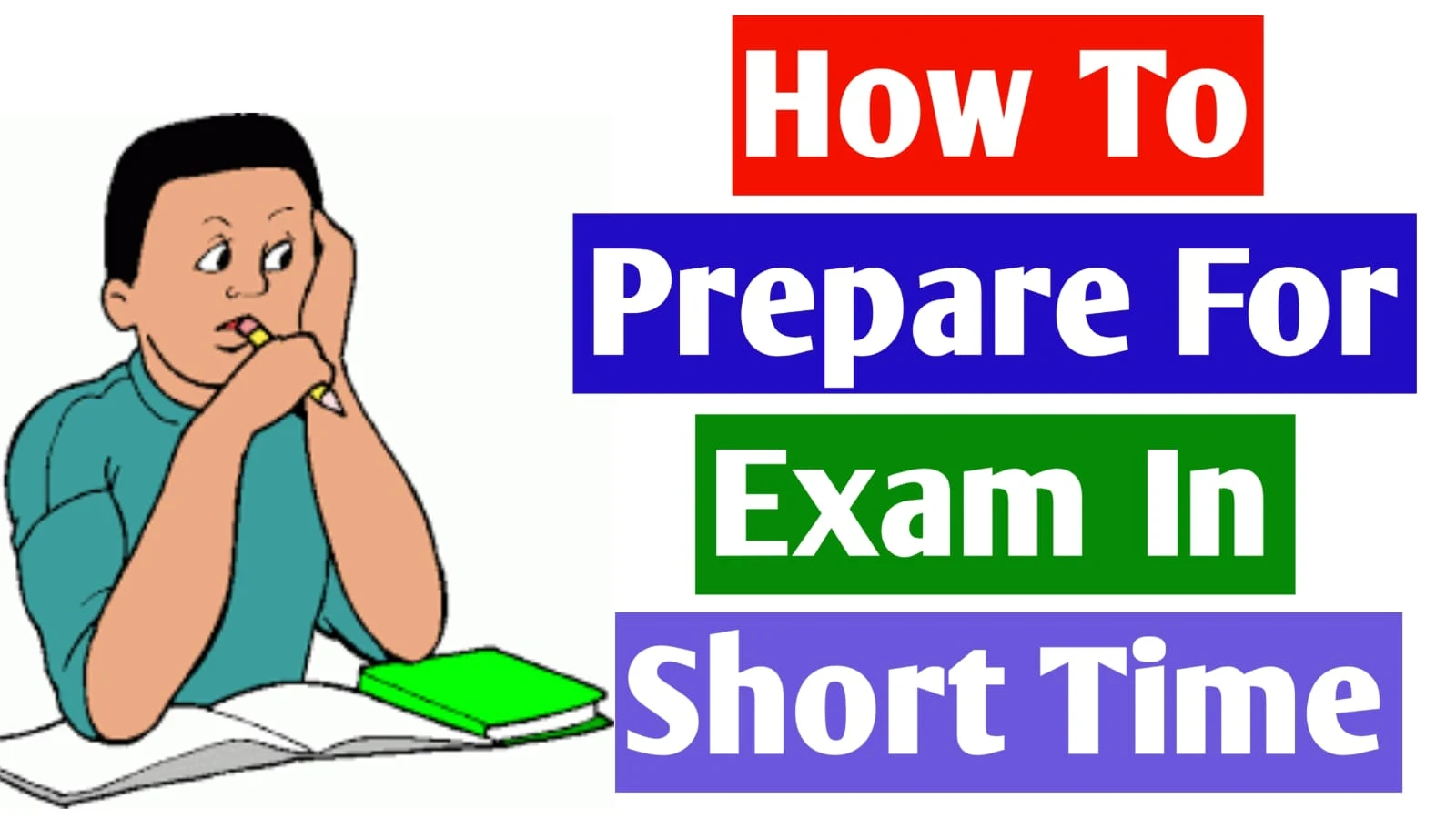Do you get nervous before exams? You're now wondering how to get through. Follow the steps described in the article. There is almost no possibility of failing the exam. Students should plan their studies ahead of time. Apart from that, according to the pattern of growing confidence, not worrying, and taking tests, theme preparation and practice should take precedence. Success can be attained when studying for the exam in this manner.
Method of preparation
Students are perplexed about how to reread as the exam approaches, but even in this limited time frame, the basic study strategy may be applied. You should prioritize studying the topic that you find hardest. All disciplines should be studied regularly, with more or less time allocated as needed. Separate time should be set up to memorize the material being studied, for which books and notes should be used. Students who study regularly should not miss classes during the test, but should instead reflect on the subject and the lesson they have learned. You must also be responsible for the subject you are learning.
Confidence
Confidence is the most important thing in an exam room. The examinee should be confident that he will solve the difficult situation, no matter how complex the question is. Some students have a propensity of not being able to write their answers and instead of looking through other students' response books, which leads to even more uncertainty. This is a bad habit that should be broken. Some pupils forget what they know once they enter the hall, shiver with terror, and get annoyed. Lack of confidence is the root of this issue.
Don't be concerned.
When the exam arrives, the student becomes concerned. Good students are concerned about receiving bad grades, whereas middle-class kids are concerned about failing. Students who believe they are weak are concerned about how they will participate in the test; nevertheless, when they are concerned about the exam, it is hard for them to put down what they have learned and know. As a result, we should consider presenting what we've learned and know in a novel approach. To some extent, this alleviates worry. You simply need to be more selective in the assistance you provide to others. The mental image of the pleasant fruits of optimistic thought and hard work should be cultivated.
Diligence
Diligence is essential for success in any career. As a result, the examinee must pay close attention to the subject and consider how to convey it uniquely. If a student is diligent, he should not be disappointed with the outcome. Always be inquisitive to learn, read whenever you feel like it, and participate in informal activities connected to the same subject even if you're tired. Learning and pursuing new experiences encourage you to be diligent. If you come into a new or difficult subject when studying, you should ask an instructor or a buddy who knows more than you.
Practice
Practice helps in the completion of learning, just as determination motivates someone to learn something new. Exams become easier with practice, especially in math and science. Collecting and rehearsing question papers from prior tests is more effective than studying textbooks as the test approaches. It is good to repeat the method after you have learned it. You can only continue chevalier if you pay the attestation cost.
Mental planning is needed.
During examinations, use restraint. to have faith Take pride in your ability to communicate what you know in a way that others can comprehend. Make a timetable and attempt to remember all you've learned. Prepare some questions for yourself to practice writing. Make a rough mental image of how to respond to each inquiry.
Physical planning is needed.
During the exam, do not stay in the same room for long periods. This causes further anxiety. The body's blood flow is poor. The oxygen supply is insufficient. It's a lot of fun to try to repeat, comprehend, and remember what you've read.
Take care of yourself as well. to go on a walk and play for a while Enjoy yourself for a bit. Consume fresh foods. Drink plenty of water. Consume fruits in season. Such things enliven and strengthen the body. What is read may be easily assimilated by the brain when the body is strong and quick.
To do so, educational resources are provided.
What type of instructional materials must be brought into the examination room? Depending on the subject, different teaching resources may be necessary. Sharpener, eraser, and dot pen Let's get everything in order. It's difficult to locate these resources on exam day.
What is comprehended, what is learned, and what is known?
As you engage with your peers, keep this in mind. The purpose of the test is to ensure that you comprehend everything. As a result, you must keep track of how much you made, what you knew, what you learned, and what you comprehended during the year. As a result, studying textbooks while taking tests is unnecessary. Let us instead practice within ourselves. It assesses your genuine capabilities.
Let's not limit yourself to looking up the answer in a textbook.
Traditional examination methods are used. We have the same understanding. The textbook is used to create the question papers. We also consult the textbook for the solution. While we may possess a bigger knowledge base than a textbook. Our brains store a lot of information as well. But we forget about ourselves and strive to tackle the textbook problem. This is the incorrect fashion.
Let's consider what type of answer the question paper is searching for when it arrives. Let's put down everything we know and comprehend in plain, easy-to-understand terms.
Important information
Let us read the question paper first after receiving it. As the proverb goes, you must solve the difficult question first. This causes very little misunderstanding. Simply written. Time is money. Confidence rises as well. What exactly does each question mean? We must keep track of how many replies he has requested. More weight should be given to the question than just putting down what you know and less weight should be given to what you don't know.
The size and depth of an answer, for example, are influenced by the number of points you receive for answering a question. If you obtain two marks for a question, your answer can be brief and sweet. If you gain 10 points for answering a question, your response should be thorough and informative.
What is the goal of the question? What type of response do you expect? The response should be the same. According to the question, you must pick what sort of response to provide and how to live it. The original answer will be given priority, according to the question paper. The basic is to respond to what one understands in one's own way. It is even better if you combine what you already know with what is in the textbook while answering a question.
Let's not write too much
Students frequently recognize that they must write extensively to answer a question. They also write in a similar style. However, giving too many answers is not a smart idea. It does not assess our level of comprehension or knowledge. Only demonstrates a rudimentary understanding.
So let's try putting down what we know and comprehend in our own unique style. exams are about more than simply 'passing' or 'failing.' It's a way of assessing someone's knowledge, skill, or learning/understanding. So, before sitting for the exam, consider how much you know about the subject.


